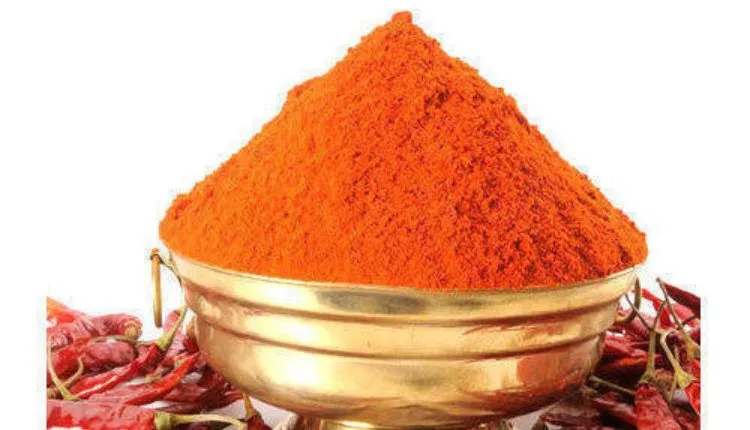Introduction:
Red chilli, with its vibrant hue and fiery flavor, has long been a staple ingredient in cuisines across the world. Beyond its ability to add a kick to dishes, this spice also possesses several health benefits. In this article, we will delve into the various uses, benefits, and potential side effects of red chilli, shedding light on its diverse culinary and medicinal properties.
I. The Many Uses of Red Chilli:
Red chilli finds its way into an array of culinary delights, enhancing the taste and aroma of dishes. From traditional curries and salsas to hot sauces and marinades, this spice adds a fiery punch that tantalizes the taste buds. Its versatility extends beyond the kitchen as well, with red chilli often used as a natural food coloring agent and even in the creation of beauty products.
II. Health Benefits of Red Chilli:
- Rich in Nutrients: Red chilli is packed with essential vitamins, including vitamin C, vitamin A, and various B vitamins. It also contains minerals such as potassium and iron, making it a nutritious addition to meals.
- Boosts Metabolism: Capsaicin, the active compound responsible for the heat in red chilli peppers, has been found to increase metabolism. This can aid in weight management and potentially enhance fat burning.
- Pain Relief: The analgesic properties of red chilli have been utilized for centuries in traditional medicine. Topical creams and ointments containing capsaicin are often used to alleviate pain associated with conditions like arthritis, muscle aches, and nerve damage.
- Cardiovascular Health: Studies suggest that regular consumption of red chilli may contribute to cardiovascular health. Capsaicin has been shown to help lower blood pressure and improve blood circulation, reducing the risk of heart disease.
- Anti-inflammatory Effects: Capsaicin possesses anti-inflammatory properties that may help reduce inflammation in the body. This could potentially benefit individuals with inflammatory conditions like rheumatoid arthritis and inflammatory bowel disease.
III. Potential Side Effects:
While red chilli offers numerous health benefits, it’s important to be mindful of potential side effects, especially when consumed in excess or by individuals with certain conditions. Some possible side effects include:
- Digestive Issues: Red chilli peppers can cause stomach irritation and may exacerbate symptoms of conditions like acid reflux and irritable bowel syndrome (IBS) in sensitive individuals.
- Allergic Reactions: Some people may have an allergic reaction to red chilli, resulting in symptoms such as itching, hives, or difficulty breathing. If you experience any allergic symptoms, it’s important to seek medical attention.
- Skin Irritation: Direct contact with red chilli peppers can cause skin irritation, particularly in individuals with sensitive skin. Avoid touching your eyes or sensitive areas after handling red chilli peppers.
Conclusion:
Red chilli, with its fiery flavor and therapeutic properties, has been a beloved spice for centuries. From adding a burst of heat to dishes to offering potential health benefits, it continues to enthrall both culinary enthusiasts and health-conscious individuals. However, it’s essential to use red chilli in moderation and be mindful of potential side effects. Whether you enjoy the spiciness of red chilli for its culinary appeal or reap its health benefits, remember to savor the delight it brings while respecting its power.
FAQs:
Is consuming red chilli beneficial for weight loss? Yes, red chilli contains capsaicin, which can increase metabolism and potentially aid in weight management. However, it is important to maintain a balanced diet and engage in regular exercise for effective weight loss.

